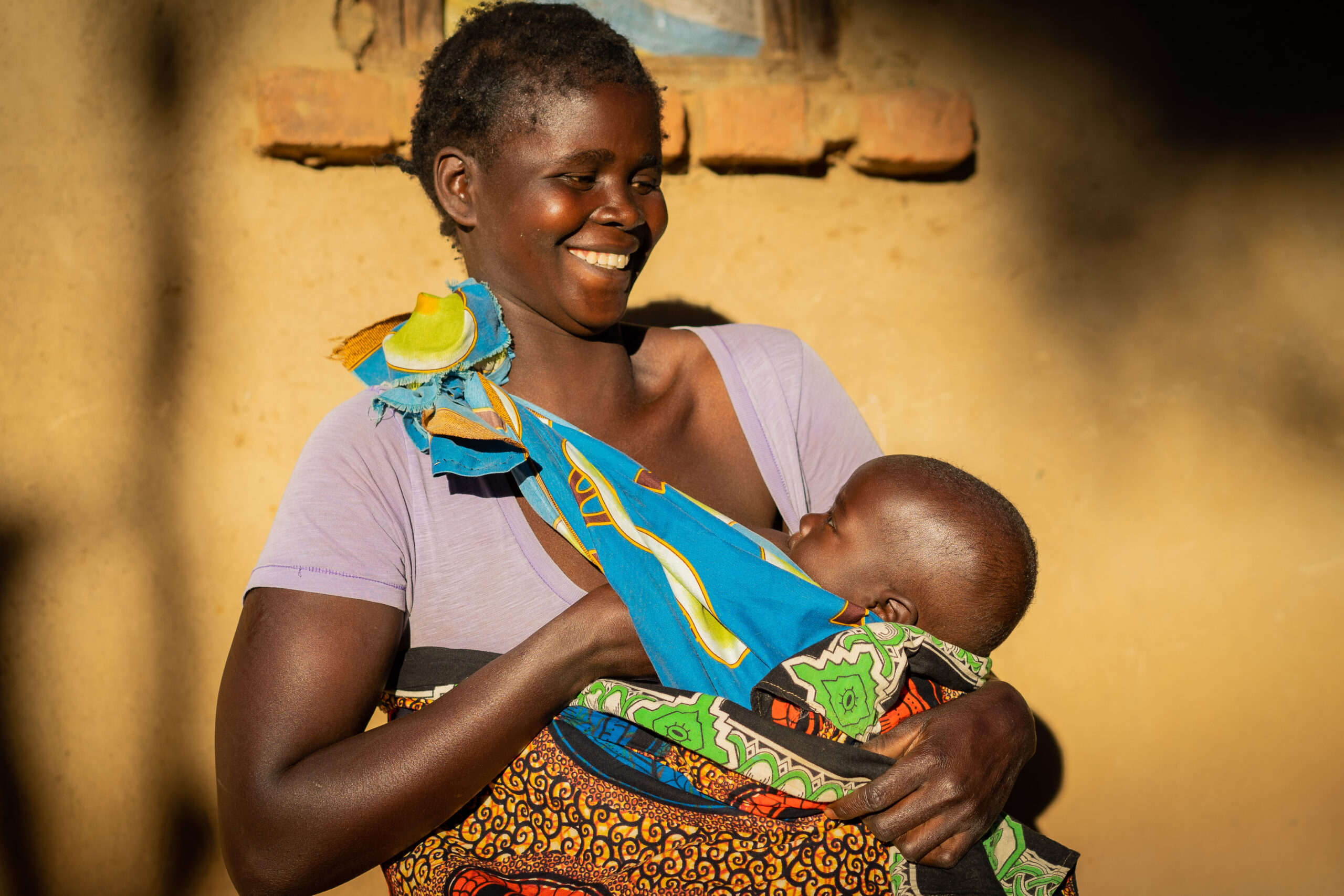
Ensuring that the baby receives the right nutrients in the first 1,000 days of life is vital for brain development and proper physical growth. Despite this, in many developing countries, poverty, malnutrition and a low nutrient diet often lead to illness, developmental problems and even child mortality. The practice of breastfeeding is related to numerous benefits, both for the mother and the child. According to the World Health Organization (WHO), breastfeeding reduces child mortality by 13% up to 5 years of age, prevents diarrhoea and respiratory infections, decreases the risk of allergies, high cholesterol, diabetes, hypertension and obesity in adulthood, in addition to protecting the mother against some types of cancer and helping in postpartum recovery.
In order to give visibility to this practice and to support families that do not have access to breast milk, the World Day of Human Milk Donation is celebrated on 19th of May. The date is part of a strategy to reinforce the importance and benefits of breastmilk and to help more families to have access to it. During the campaign, local authorities share information about breast milk banks in Brazilian states and municipalities, and debates on the theme are also stimulated.
Breastfeeding is part of a broader strategy to promote children’s health and nutrition, also influencing a healthier childhood. According to studies by the Maria Cecília Souto Vidigal Foundation (FMCSC), breastfeeding the baby for longer has a protective effect against childhood obesity. Therefore, each month of breastfeeding is associated with a 4% reduction in the risk of developing overweight. Currently, 38.3 million children are overweight and the WHO estimates that in 2025, the number of obese children may reach 75 million.
The Nurture the Future project, developed by the WFP Centre of Excellence in partnership with the Ministry of Health and the Brazilian Cooperation Agency, has stimulated the production of knowledge and the exchange of successful experiences to support countries in finding solutions for childhood obesity. Learn more about the project here.
To learn more about breast milk donations in Brazil and to check the addresses of the nearest milk banks, click here.
With information from Karistenn Brandt and Eliene Sousa, nutritionists from SES / DF




